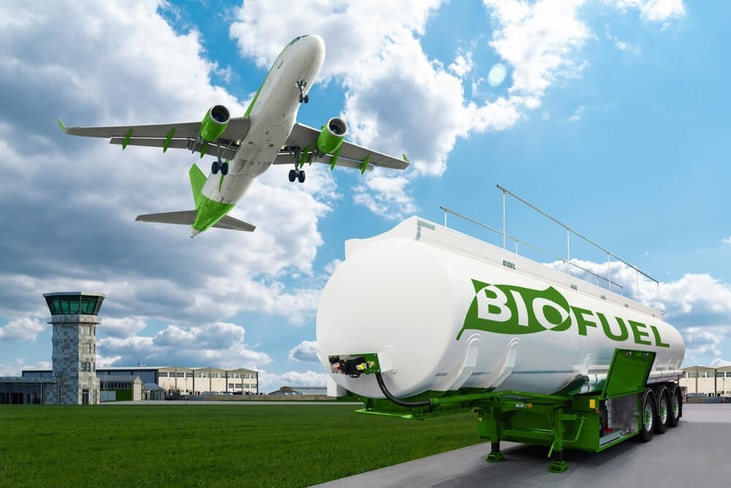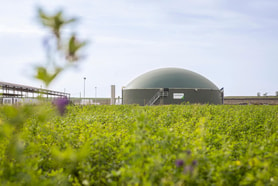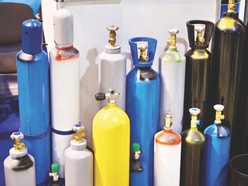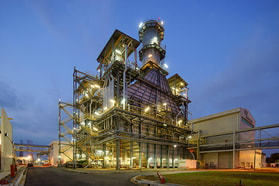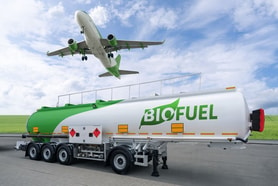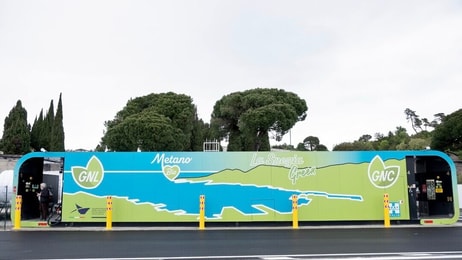Eni, Saipem to develop new refineries for biofuel production
Italian energy company Eni has signed a deal with oil and gas contractor Saipem for the development of new Eni biorefineries to produce biofuels for aviation and mobility.
In line with the decarbonisation goals of both companies, the partnership will focus on the study for and potential construction of plants for the production of biojet – a sustainable aviation fuel (SAF) – and of the biofuel HVO diesel.
Produced from 100% renewable raw materials, HVO diesel is currently sold at Enilive service stations under the name HVOlution and can be used across road, naval and rail transport.
... to continue reading you must be subscribed

